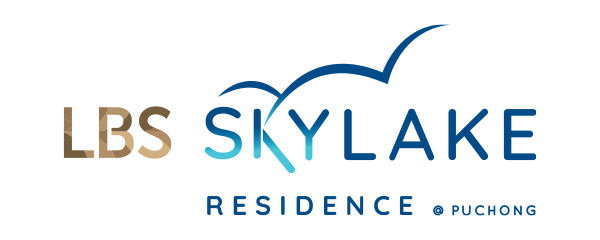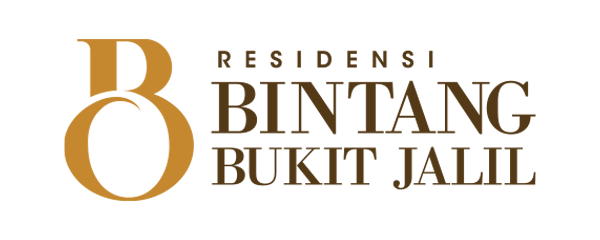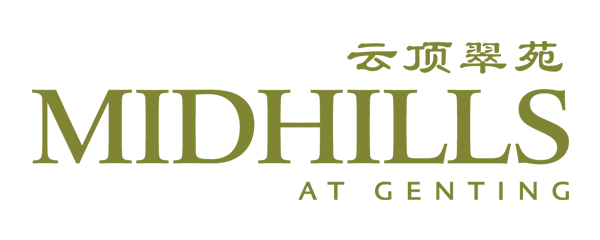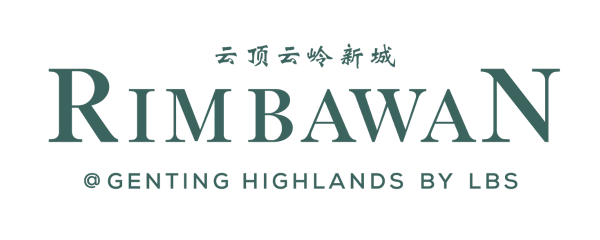1. INTRODUCTION
LBS Bina Group Berhad (“LBGB” or “Company”) and its subsidiaries (“LBGB Group”) is committed to upholding the highest ethical standards and integrity in its business operation by complying with all applicable laws, regulations and/or standards in the jurisdictions, where LBGB Group operates. In line with this commitment, LBGB Group has adopted a comprehensive Conflict of Interest (“COI”) Policy (“Policy”) to assist the Directors and Key Senior Management (“KSM”) of LBGB Group in recognising and managing any potential COI that may arise, thereby protecting the interest of LBGB Group.
2. OBJECTIVE
The objectives of this Policy are among others to:
a. ensure that all actual, potential and perceived COI are identified and managed effectively.
b. provides guidance on how to identify, manage and disclose the COI or potential COI situations as they arise within LBGB Group, as well as outlining the measures to resolve, eliminate or mitigate such conflicts to minimise risks of bribery and corruption as part of the Anti-Bribery and Corruption Policy; and
c. ensure that business decisions are made in the best interest of LBGB Group and are protected from any consequential damage to its activities and reputation.
3. SCOPE
This Policy applies to all Directors and KSM of LBGB Group. This Policy applies whenever an individual recognises or should reasonably recognise, that a conflict of interest may arise from the activities undertaken by the respective individuals. The scope of this Policy should be read in conjunction with the all relevant and applicable laws and regulations as well as policies of LBGB Group, including but not limited to the followings:
a. Regulations:
i. Companies Act, 2016;
ii. Main Market Listing Requirements of Bursa Malaysia Securities Berhad;
iii. Malaysian Code on Corporate Governance;
iv. Bursa Malaysia Corporate Governance Guide; and
v. Whistleblower Protection Act 2010.
b. Internal policies:
i. Anti-Bribery and Corruption Policy;
ii. Board Charter;
iii. Directors’ Code of Ethics;
iv. Gift, Entertainment & Hospitality Policy; and
v. Donations and Sponsorships Policy.
4. DEFINITIONS
“Interest” means any rights or benefits, whether direct or indirect, financial or non-financial, beneficial, legal or otherwise of a person.
“Conflict of Interest” means when a Director’s or KSM’s own interests either influence, have the potential to influence, or are perceived to influence their decision making at LBGB Group.
“Key Senior Management” means a person who is primarily responsible for the business operations of the LBGB’s core business and principal subsidiaries.
5. Identification of Conflict of Interest Circumstances and Situations
A COI situation arises when a Director and KSM’s ability to carry out their duties and responsibilities is compromised or potentially compromised by personal interests, and considerations. This personal interest is not limited to direct financial interest but also includes indirect financial interest, non-financial interest (e.g. arising from family, business or professional interests and relationships), or competing loyalties or interests.
Generally, COI may be described under the following, the list is not exhaustive:
a. Equity ownership in companies having a business relationship with LBGB Group
Director or KSM who has ownership of shares in privately-owned companies having a business relationship with LBGB Group, either directly or indirectly (e.g., through a family member). However, this does not extend to shares held in publicly quoted companies
that have a business relationship with LBGB Group unless such holdings are deemed material and could potentially impair their objectivity.
b. Having interest in Person, Entity or Contract that has dealing with LBGB Group
Any direct or indirect financial or other interest in a person, entity, or contract that has dealings with LBGB Group, where such interest could influence or potentially influence decisions regarding LBGB Group’s dealings with said person, entity or contract.
c. Having interest in Person, Entity or Contract of a Competitor of LBGB Group
Any direct or indirect financial or other interest in a person, entity, or contract that has dealings with the competitor of LBGB Group, where such interest could influence or potentially influence the decision of such Director or KSM.
d. Other employment, business appointments or undertakings
Director or KSM hold other part time employment or have other business appointments, opportunities or undertakings which may interfere with the proper discharge of official duties in LBGB Group, resulting in a negative impact on their performance or give rise to
COI or potential COI with regards to their employment.
e. Personal relationships
A COI will arise if a family member of a Director or KSM has a reporting relationship with the particular Director or KSM. A conflict of interest would also arise if a Director or KSM has a family member with an interest (e.g. in the form of ownership, directorships, partnerships, employment, etc.) in entities which have a contractual arrangement with LBGB Group.
f. Contractual dealings with Director or KSM
LBGB Group purchases or leases of property, equipment, materials, etc from Directors or KSM, or enters into contractual arrangements with Directors or KSM (other than employment contracts). Such situations give rise to a conflict of interest and should be
declared.
For the purpose of this Policy, “Family Member” refers the Director or KSM’s spouse, parents, child (including adopted child and step child), brother, sister and the spouse of the Director’s or KSM’s child, brother or sister.
Further examples are listed in Appendix A.
6. RESPONSIBILITIES
All Directors and KSM are responsible for identifying and managing COI on an ongoing basis and are required to:
a. adhere with this Policy and other relevant applicable policies and guidelines regarding the identification, documentation, escalation and management of COI;
b. act with objectivity, integrity and independence, and exercise sound judgement and discretion;
c. avoid, wherever possible, situations that may lead to COI as outlined in this Policy; and
d. immediately declare any COI in accordance with this Policy, refrain from participating in the decision-making process including discussion and voting on such contract or proposed contract, and not attempt to influence such decisions thereafter.
7. DECLARATION OF COI
Any situation in which a Director or KSM having an interest, whether direct or indirect, actual or potential, in any significant transaction or arrangement involving LBGB Group, or who holds an office or possessing any property where duty and interests as Director or
KSM may create conflict with their duties or interests within LBGB Group, shall promptly declare these facts upon becoming aware of it. He or she shall declare the nature, character and extent of the COI by completing the COI Declaration Form (Appendix B) of
the existence of the actual or potential COI.
If a Director or KSM is unsure whether they have a COI, they should as soon as practicable consult the Company Secretary or the Group Compliance.
8. MANAGEMENT OF COI
The completed COI Declaration Form shall be escalated to the Company Secretary and Audit Committee (“AC”). The AC will then review and report any COI situations to the Board of Directors of LBGB, along with the measures taken to resolve, eliminate, or mitigate such conflicts, as well ensure relevant disclosures are properly made.
The Board may implement appropriate measures to manage COI, including but not limited to the following:
a. requiring Director and KSM of LBGB Group to promptly and regularly declare any COI;
b. restricting the participation of individuals with COI in relevant board, committee or general meetings, requiring them to abstain or recuse themselves from deliberation and voting on matters related to the conflicts;
c. conducting an assessment of COI during annual performance appraisal and prior to new appointments;
d. executing non-disclosure or confidentiality agreements to safeguard confidential and proprietary information or trade secrets;
e. preventing Director and KSM from engaging in businesses that compete with LBGB Group; and
f. in cases where COI significantly impacts the performance of Director or KSM, requiring them to divest the COI or consider resigning from LBGB Group. Given the significance of the COI and potential ramifications of a failure to handle the conflict properly, Directors should consider whether to inform the Board not to send them board papers relating to the resolution.
9. MONITORING AND RECORDING OF COI SITUATIONS
The identification and management of COI should be subject to periodic review by the AC for conflicted Directors and KSM, in response to any changes in circumstances. Upon receiving the COI Declaration Form, the AC shall review the actions taken to address the conflict and decide, on a case-by-case basis whether such actions are appropriate and/or sufficient.
The Company Secretary shall be responsible for recording all COI declared by Directors and KSM. Information regarding these COI shall be made available to Directors and persons duly authorised by Directors in writing upon request.
A quarterly summary report shall be provided to the AC and the Board, detailing the COI declared during the quarter.
10. CONSEQUENCES OF NON-COMPLIANCE
LBGB Group regards conflict of interest as a serious matter. Failure to disclose a conflict of interest, provide comprehensive and accurate information about the conflict, or appropriately manage the conflict is considered a breach of this Policy. Non-compliance may result in disciplinary action, including termination of employment, as well as potential legal actions against such person in the interest of LBGB Group.
11. REVIEW OF POLICY
This Policy has been approved by the Board and is made available for reference in the LBGB’s corporate website and internal computer networking system.
This Policy shall be reviewed by the Board once in every two years and updated whenever necessary to ensure its effective implementation. Any subsequent amendments to the Policy should be approved by the Board upon recommendation by the AC.








